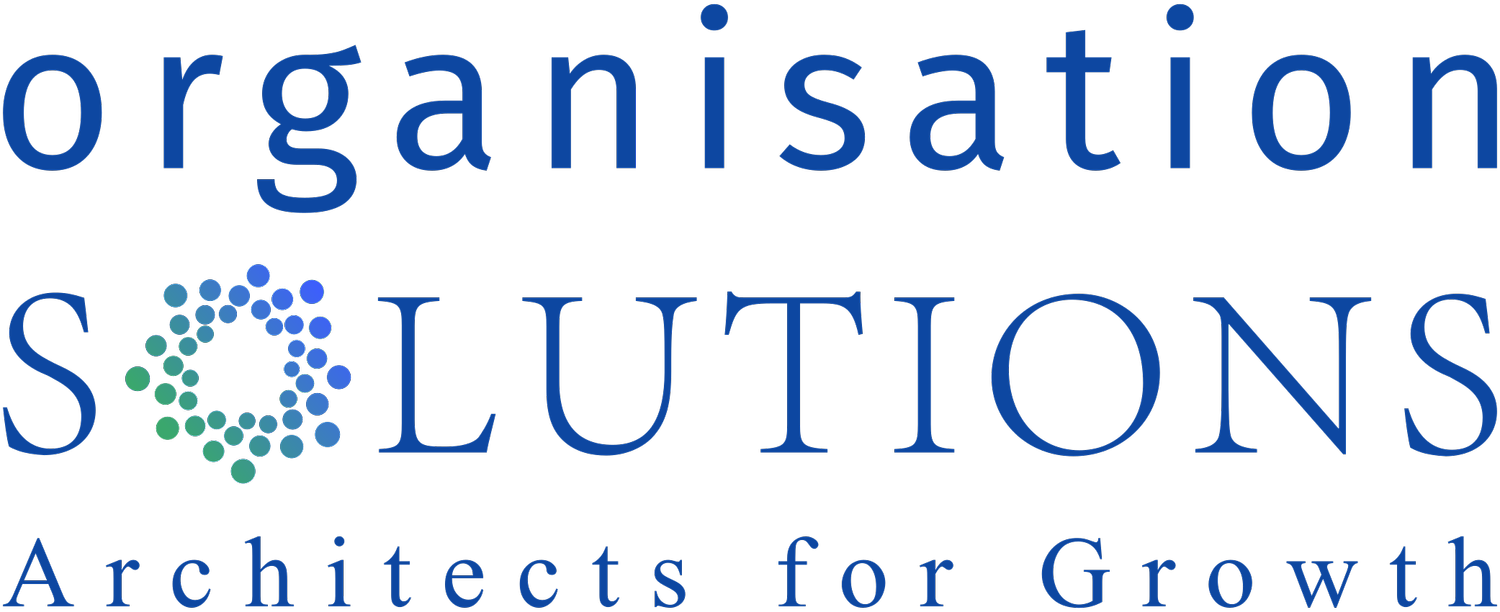Bring Your Best, Not Your Whole-Self, to Work
Almost every day I hear leaders being told to: “Bring your whole self to work! Be authentic! Be vulnerable!”. Leaders often ask me what exactly “authentic” means. Am I being authentic if I feel angry and show this by yelling at employees? If I am authentically an introvert, should I work by myself and never connect with others? Should I show vulnerability by frequently sharing my doubts about our business plan, even when employees are looking to me to help them get through tough times?
The movement towards authenticity came from research showing that employees working for authentic leaders are more satisfied and committed and are more likely to trust their leaders. However, authentic leadership is not about being overly “real” or “genuine.” Instead, research suggests four important aspects of authentic leadership:
Self-awareness. Understand your own strengths, opportunities, and how they’re perceived by others
Transparency. Be open about ideas, feelings, challenges, mistakes
Moral. Let your own values and moral standards guide your decisions
Balanced Decisions. Gather balanced input from others prior to making decisions
Being authentic is not easy. Showing these behaviours takes courage, vulnerability, and humility. Even then, it’s difficult. For example, people report feeling more authentic when they are projecting an image of how they want to be perceived, not of their true self. In other words, people feel more authentic when they aren’t authentic!
Instead of trying to be “real” at work, try these tips to be an authentic leader:
Bring Your Best Self to Work. People are complex, and there are many aspects of your “true self.” A person can be petty in some circumstances and very giving in others. They can be caring and domineering. Understand that you are complex, and try to take the best part of yourself to work.
Be Intentional and Mindful. Build authentic relationships with others by understanding yourself and intentionally showing this to others in the right way at the right times. Be mindful and purposeful in being transparent.
Grow! Accept yourself for who you are, and then grow and develop. Being self-aware is powerful, but you’ll have more positive impact if you actively develop new capabilities that help you deal with the challenges of today and tomorrow.
Involve Others. Leadership is about coordinating the actions of others. Involve others in your thinking processes, your guiding principles for a decision, and your challenges. More importantly, understand them and ask for their input in the same areas.
Leaders are happier when they bring their true selves to work. Just remember that your true self is complex. Err on the side of bringing the best of your true self to work!
Follow Us
Latest Insights





